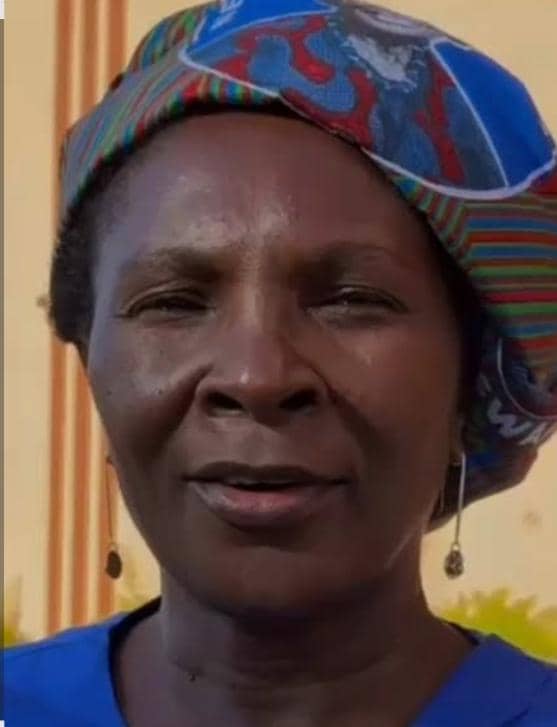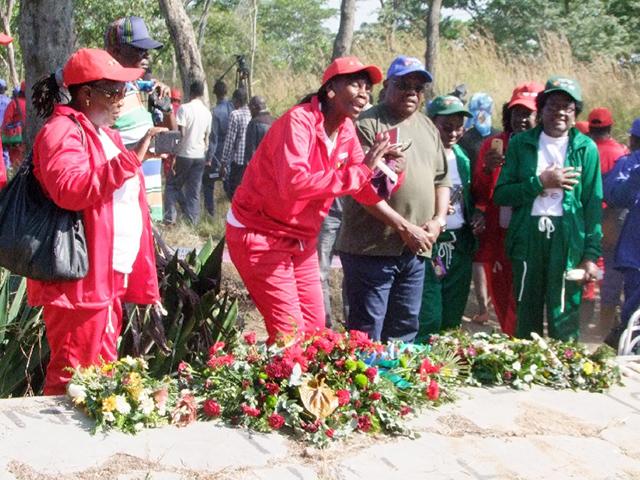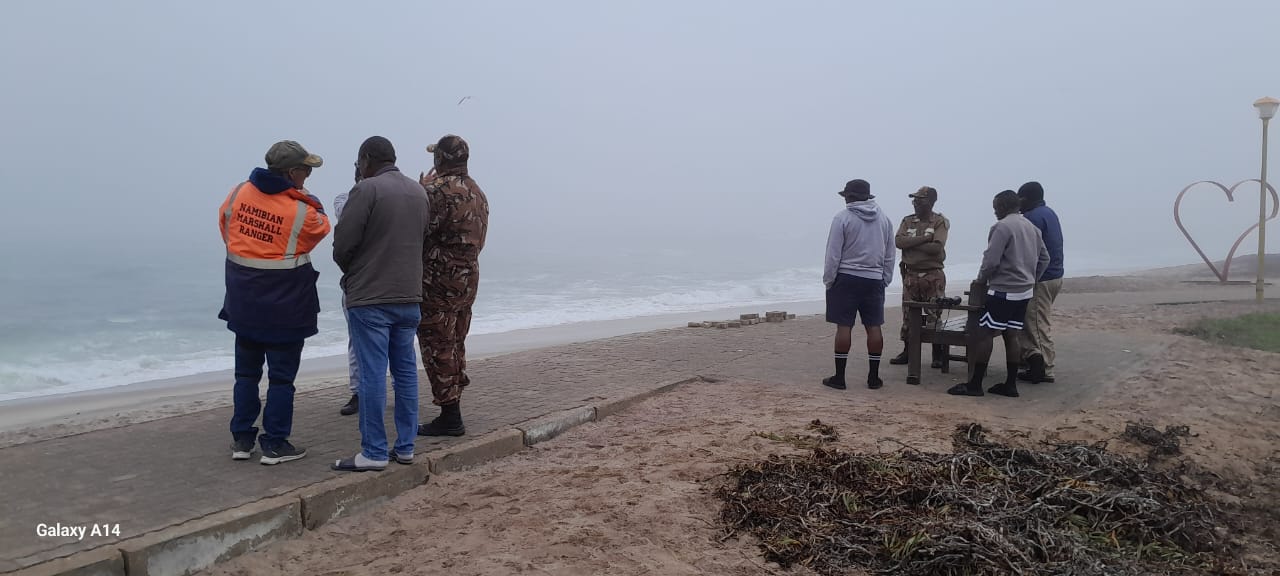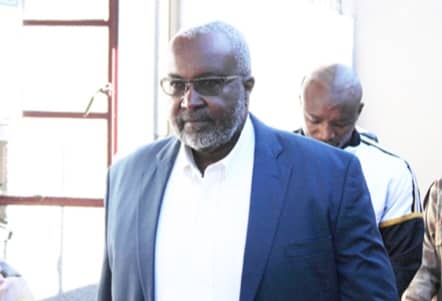OUAGADOUGOU – European nations may resist reforms to the voting system of the International Monetary Fund which would hand greater influence to emerging economies like China, the head of the IMF said.
Dominique Strauss-Kahn, in Burkina Faso on the first leg of a three-nation Africa tour, said he was unsure if a deal could be reached at an April meeting of global finance chiefs after hopes for an agreement in October collapsed at the last minute. “To have an increase in the quotas of emerging countries – China, India, Brazil – is very difficult because the sum has to add up to 100 per cent, so some others must lose,” Strauss-Kahn told Reuters in an interview late on Monday.”The ones who are going to lose are mainly the European countries and that is the reason why they may be reluctant.”Asked if a compromise could be reached among the Fund’s 185 members, he said: “I hope so, I just don’t know.It’s a process which has been going on for two years now.””Nobody will be totally happy but we have to find a solution.Maybe we will do it.”Voting rights are determined by the size of a country’s economy, current account transactions and official reserves, but emerging nations want purchasing power parity to play a bigger role as it favours fast-growing economies.The United States backs the quota reform but wants to keep its own veto.Strauss-Kahn met on Monday with heads of state from the Economic and Monetary Union of West Africa (UEMOA), who called for poor nations to also have a greater voice at the IMF.”I don’t think there’s such big resistance to African countries having bigger quotas.The problem is that it’s part of a reform which may make European countries reluctant,” he said.IMF officials said the proposed reform would increase the number of basic votes of each country, distributed equally to each member regardless of economic importance, so that Africa does not lose ground to more dynamic Asia and Latin America.While African countries will still have just two seats on the 24-member IMF board, there are proposals to double their number of deputy seats, the officials said.With African economies growing at their quickest pace in decades, fewer nations are using the Fund’s emergency lending facilities.”It’s affecting our income, and that’s a problem for the Fund to find a new income model because the less we lend the less income we have,” Strauss-Kahn said.But he said this had not affected the IMF’s influence on the world’s poorest continent.With the IMF facing a revenue shortfall of around US$400 million a year, an independent panel last year recommended cost cuts and the sale of some of its 103 million ounces of gold.The United States said on Monday it supported the move.There have also been suggestions the IMF could charge for its technical assistance, particularly in the case of rich countries.Nampa-Reuters”To have an increase in the quotas of emerging countries – China, India, Brazil – is very difficult because the sum has to add up to 100 per cent, so some others must lose,” Strauss-Kahn told Reuters in an interview late on Monday.”The ones who are going to lose are mainly the European countries and that is the reason why they may be reluctant.”Asked if a compromise could be reached among the Fund’s 185 members, he said: “I hope so, I just don’t know.It’s a process which has been going on for two years now.””Nobody will be totally happy but we have to find a solution.Maybe we will do it.”Voting rights are determined by the size of a country’s economy, current account transactions and official reserves, but emerging nations want purchasing power parity to play a bigger role as it favours fast-growing economies.The United States backs the quota reform but wants to keep its own veto.Strauss-Kahn met on Monday with heads of state from the Economic and Monetary Union of West Africa (UEMOA), who called for poor nations to also have a greater voice at the IMF.”I don’t think there’s such big resistance to African countries having bigger quotas.The problem is that it’s part of a reform which may make European countries reluctant,” he said.IMF officials said the proposed reform would increase the number of basic votes of each country, distributed equally to each member regardless of economic importance, so that Africa does not lose ground to more dynamic Asia and Latin America.While African countries will still have just two seats on the 24-member IMF board, there are proposals to double their number of deputy seats, the officials said.With African economies growing at their quickest pace in decades, fewer nations are using the Fund’s emergency lending facilities.”It’s affecting our income, and that’s a problem for the Fund to find a new income model because the less we lend the less income we have,” Strauss-Kahn said.But he said this had not affected the IMF’s influence on the world’s poorest continent.With the IMF facing a revenue shortfall of around US$400 million a year, an independent panel last year recommended cost cuts and the sale of some of its 103 million ounces of gold.The United States said on Monday it supported the move.There have also been suggestions the IMF could charge for its technical assistance, particularly in the case of rich countries.Nampa-Reuters
Stay informed with The Namibian – your source for credible journalism. Get in-depth reporting and opinions for
only N$85 a month. Invest in journalism, invest in democracy –
Subscribe Now!










